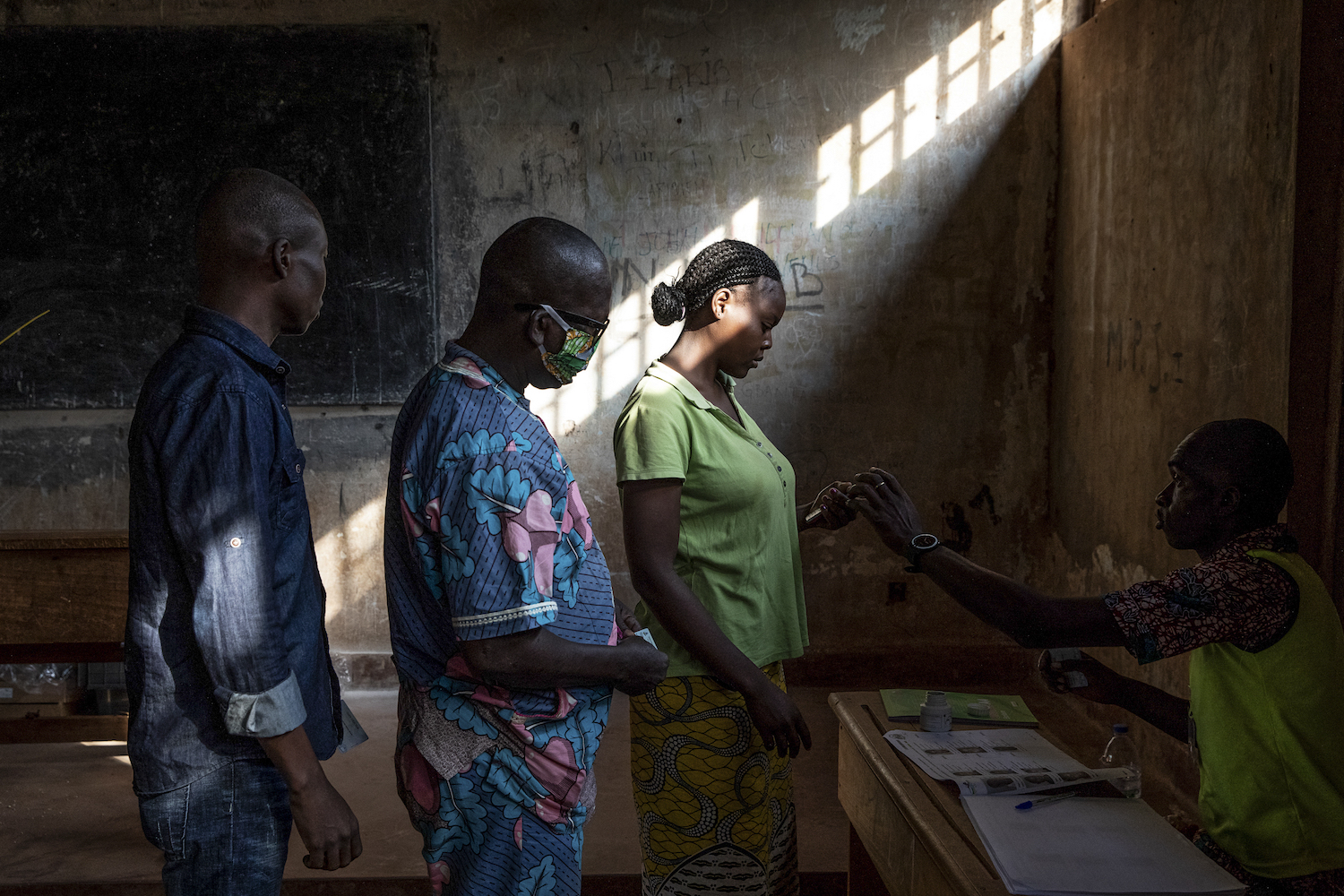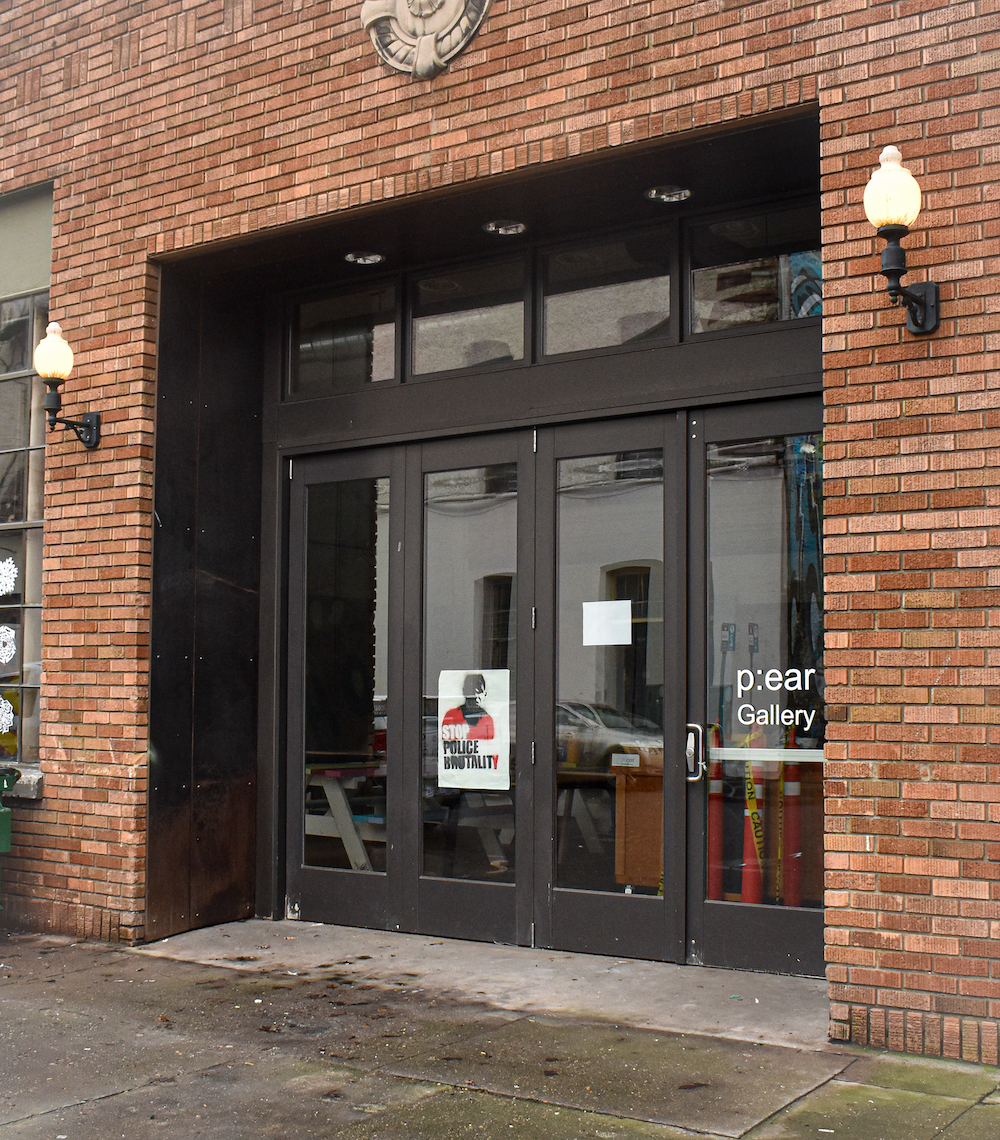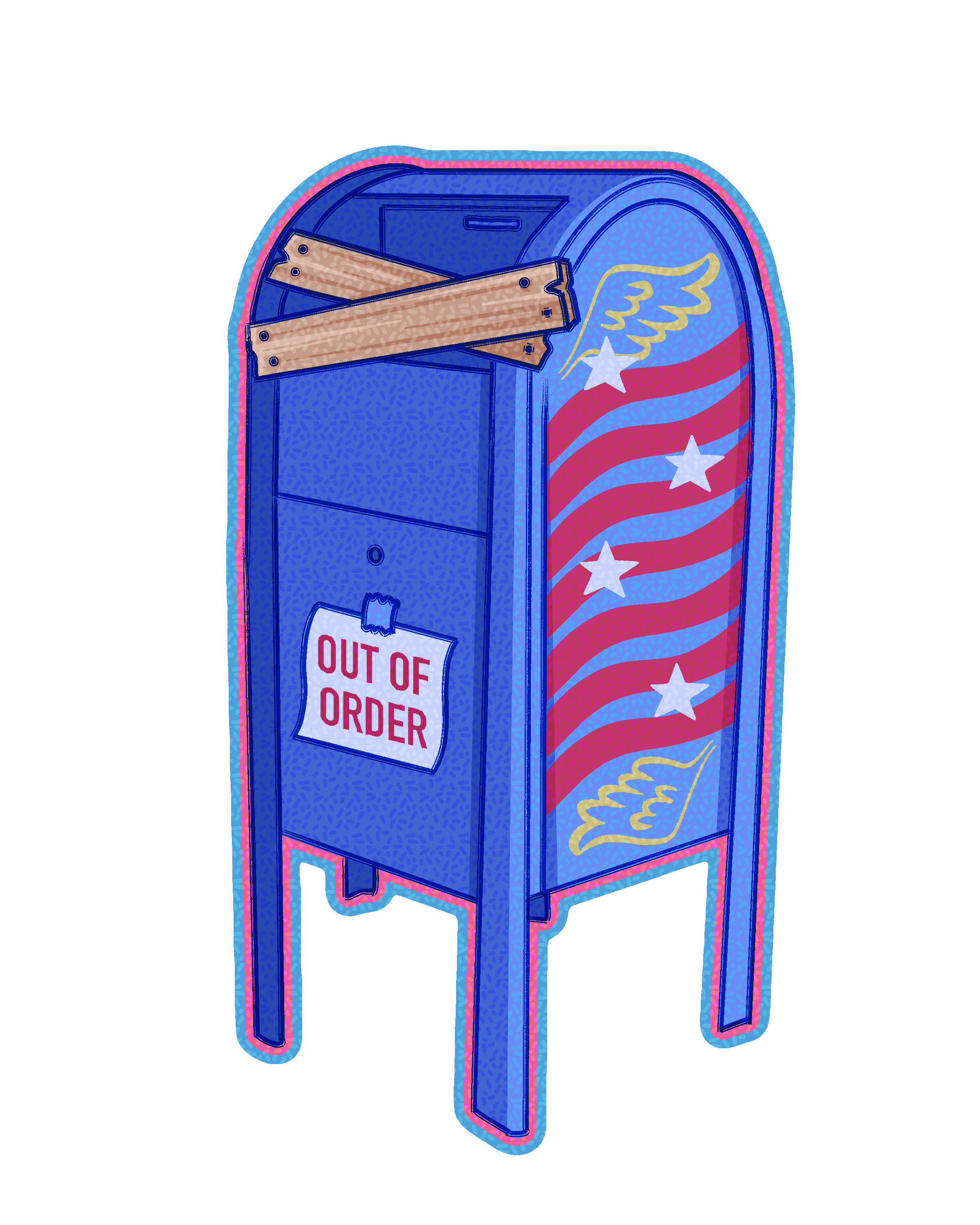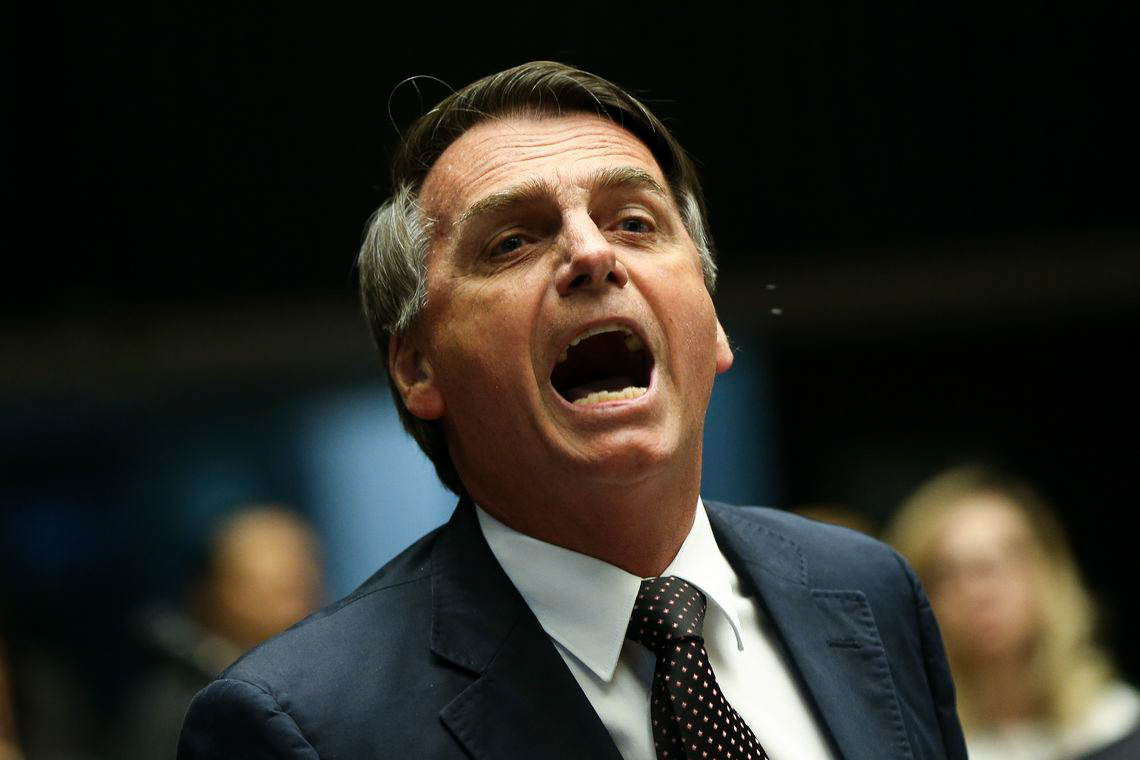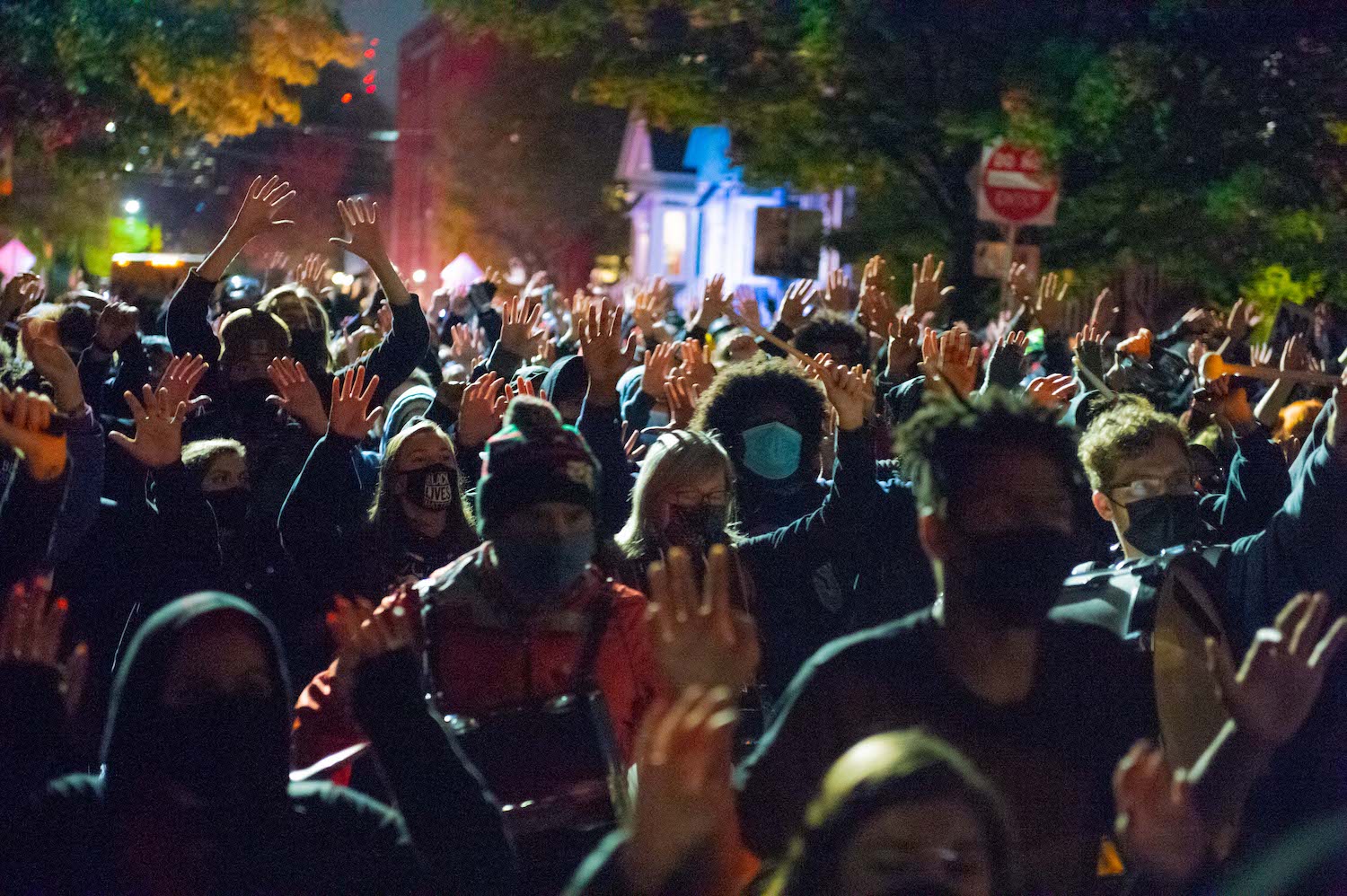In the Central African Republic (CAR), severe fighting erupted in the aftermath of the presidential election that was held on Dec. 27, 2020. In what the government has called an “attempted coup,” a coalition of armed rebel groups launched numerous attacks, including on the capital city of Bangui. Violence continues ahead of the announcement of the official election results.
On Jan. 18, 2021, CAR’s Constitutional Court is expected to rule on the validity of the election results. It could confirm incumbent President Faustin-Archange Touadéra as the winner of the election. Provisional results showed him with 54% of the vote and thus avoiding a Feb. 14 run-off that would be triggered if no candidate obtained an absolute majority.
The most serious challenge to Touadéra’s power seems to come from armed insurgents, not his electoral opposition. Rebel groups severely disrupted the election process in CAR, preventing citizens in 29 of the country’s 71 sub-prefectures—administrative regions similar to counties—from casting their vote, according to Al Jazeera.
Mankeur Ndiaye, head of the United Nations’ mission in CAR, said there was “no doubt that all these attacks take place in a context of disruption of the elections—before, during and after the polls.”
The violence primarily stemmed from an insurgent rebel coalition consisting of once rivaling groups that support former President François Bozizé, who held power in CAR between 2003–13. The 74-year-old general was barred by the Constitutional Court from running for the country’s highest office again due to an outstanding international arrest warrant for crimes against humanity and incitement of genocide.
Even prior to the election, Touadéra accused Bozizé of attempting a coup and opened an official investigation into his conduct. Although Bozizé denied these accusations, the violence has escalated since the election, leading Touadéra to declare, “We are at war. The Republic is at war. Its survival is threatened.”
Abakar Sabone, a spokesperson for the rebels, countered the president.
“We must protect our country, defend the interests of this country,” Sabone said according to AP News. “If it is about war, we have weapons. Touadéra has abused the confidence of the people.”
According to U.N. reports, rebels attacked the cities of Damara and Bangassou on Jan. 2 and 3 respectively. Government forces defended the cities, but at least 13 people died as a result of the fighting.
U.N. peacekeepers stationed in CAR announced they “intervened to protect civilians, secure the local authorities and continue the robust patrols.”
On Jan. 13, government troops also thwarted an assault on the country’s capital city Bangui. According to government sources, this confrontation took the life of at least 30 rebel fighters. The U.N. also confirmed the death of a U.N. peacekeeper from Rwanda.
The attack on the capital marks the high point of what Richard Moncrieff from the International Crisis Group characterized as “an ongoing coup attempt,” speaking to AP News. He suspects “that [the rebels’] intention is to cause trouble and to push the United Nations to defend Bangui, therefore leaving provincial towns vulnerable.”
The current escalation is only the latest in a series of violent conflicts in CAR. In 2003, Bozizé seized power in a coup d’état and ruled for 10 years before being overthrown himself by a coalition of Muslim rebel groups. Since 2013, the country has been marred by interreligious fighting between various Muslim and Christian groups.
More than 14,000 U.N. peacekeepers and hundreds of Russian troops are stationed in the country with the goal of aiding the government in stabilizing CAR. Meanwhile, the various conflicts have taken a severe toll on the civilian population. The U.N. estimates that 2.8 million people are in need of humanitarian assistance and protection in CAR, which is considered to be one of the poorest countries in the world.

